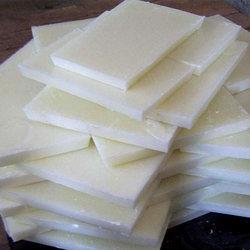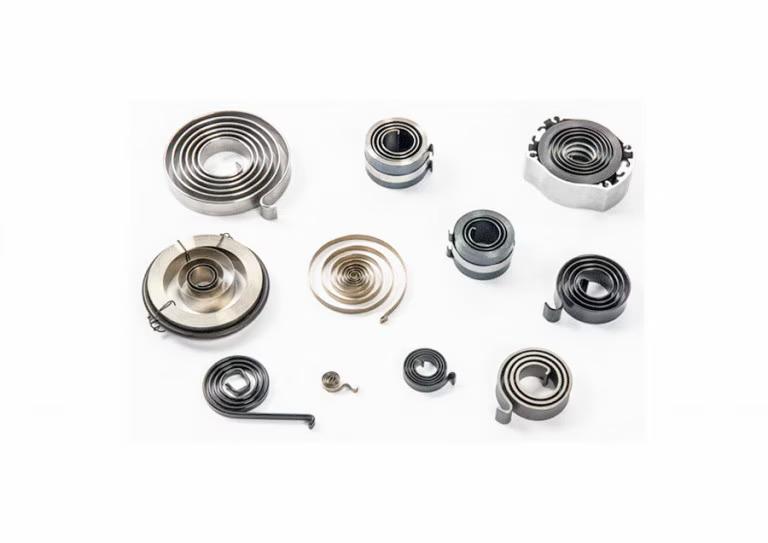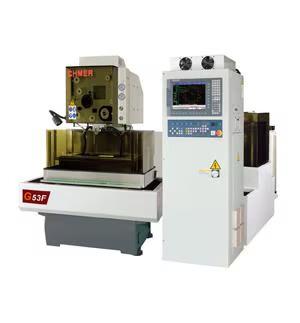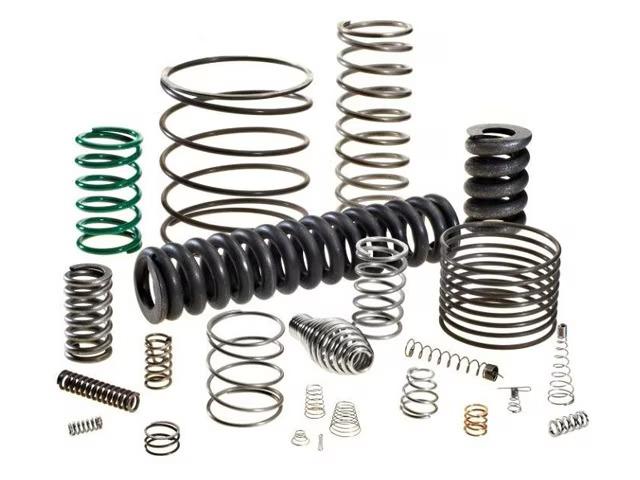Description
Chlorinated paraffin wax (CPW) refers to a group of synthetic compounds that are produced by chlorinating paraffin wax, which is a mixture of hydrocarbons derived from petroleum. CPW is created by replacing some of the hydrogen atoms in paraffin wax with chlorine atoms. Flame retardant: CPW is a widely used flame retardant in various applications, such as plastics, rubber, textiles, and coatings. It helps to reduce the flammability of these materials and also reduces smoke emission in case of fire. Lubricant and additive: CPW is used as a lubricant and additive in metalworking fluids, hydraulic fluids, and other industrial applications. Plasticizer and Lubricant: CPW can act as a plasticizer, making it useful in the production of flexible PVC products. It imparts flexibility, durability, and heat resistance to PVC compounds. Additionally, CPW can serve as a lubricant in various applications, such as metalworking and machining processes. Paints and coatings: CPW is used as a plasticizer and flame retardant in paints and coatings. Adhesives: CPW is used as an adhesive in some applications, as it helps to improve the adhesion properties of the material. Textile industry: CPW is used as a waterproofing agent in the textile industry, as it helps to make fabrics water-resistant. Metalworking industry: CPW is used as a cutting fluid and lubricant in the metalworking industry, as it helps to reduce friction and heat during machining operations.




